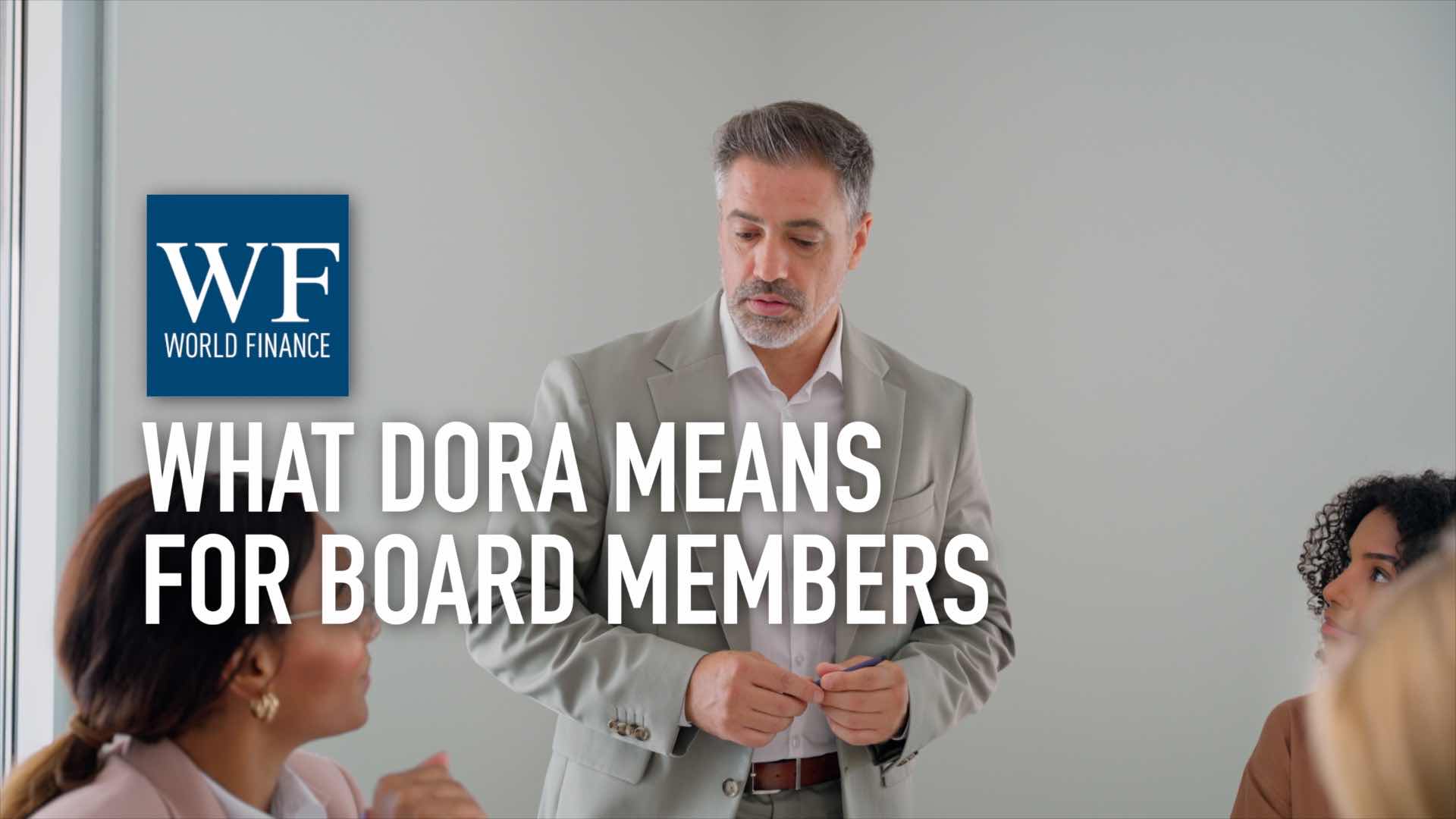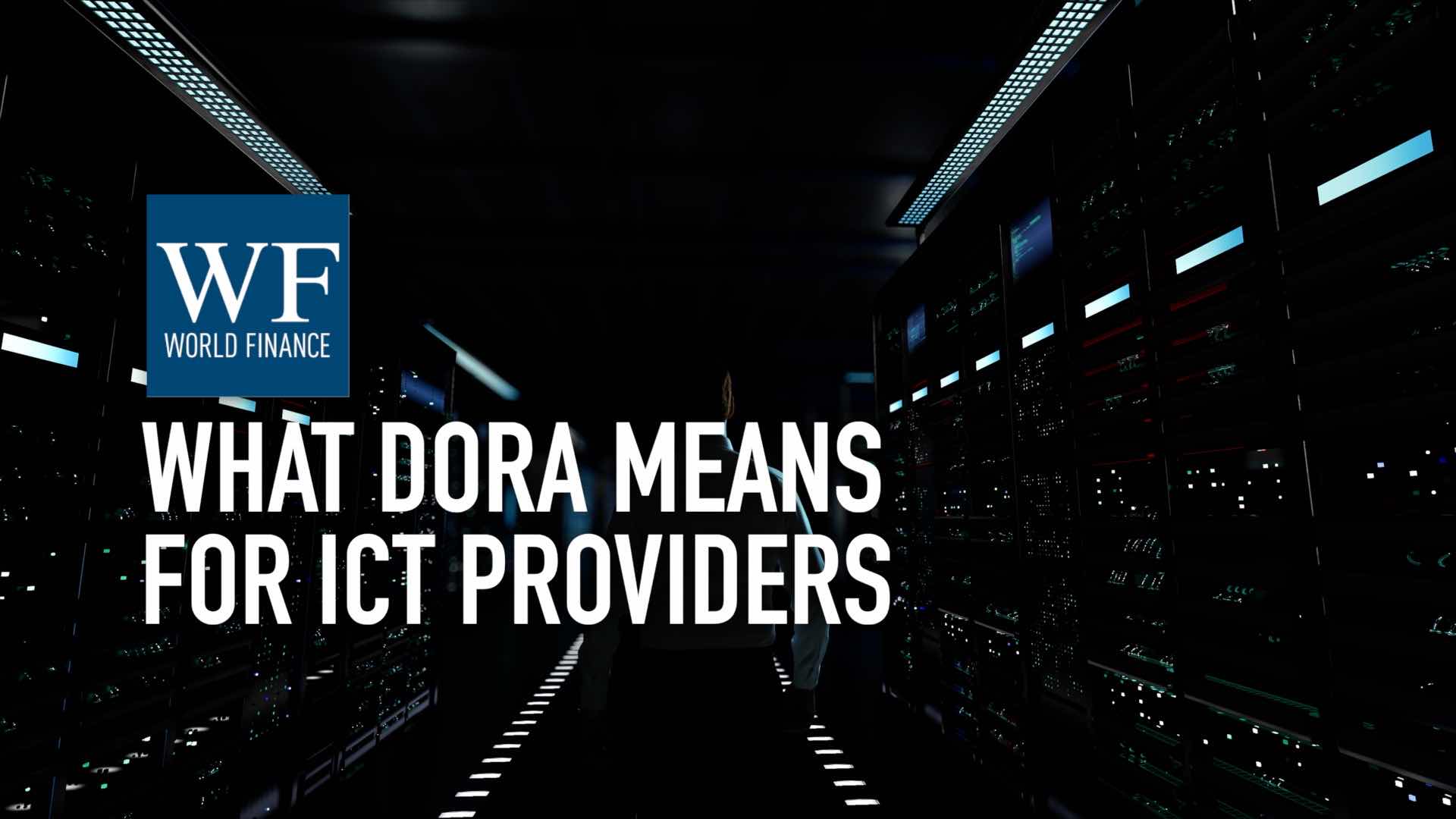Leonardo Braune: Brazil’s tax reforms risk alienating HNWIs
Brazil's plans for higher inheritance and income taxes, and a new asset tax, could push high net worth individuals out of the country, says the Intercorp Group MD
Related:
Transcript
Brazil’s multi-layered tax system is long overdue for reform. And the country is finally trying to simplify its processes, says Leonardo Braune, Managing Director of Intercorp Group. But by bringing Brazil’s taxes in line with jurisdictions like the US and UK, the country is risking its competitive edge.
World Finance: Juggling assets and tax liability is no easy feat – but it’s something Brazilian Intercorp Group has mastered. With me to talk about navigating the Brazilian tax system is Leonardo Braune from the firm.
Well Leonardo, you deal primarily in tax; so, this is a major issue at the moment, with avoidance and loopholes dividing opinion. So how do you approach this?
Leonardo Braune: The approach is first of all to try to understand the client’s demand, and see exactly what they’re concerned about.
And then based on that, we try to match their needs with what we know in terms of the multiple jurisdictions where they may be operating from. And based on that, we try to come up with a plan that will involve sustaining efficiency, while at the same time keeping compliant. That’s the juggling that’s very difficult: how far can we stretch the efficiency side without crossing the line of the compliance?
And once we get that out of the way, then things go smoother with the client.
World Finance: How is the Brazil tax system structured, compared to other leading jurisdictions?
Leonardo Braune: Brazil has a very complex tax system – and complex I guess is a definition that applies to most tax systems! The difference in our case is that we have many taxes – over 50 different types of taxes – so the collecting system is different, the types of returns you have to file is very different.
Brazil comes from an inflationary background. And as a result of that, the need for the government to collect is actually careful, because in addition to wanting to collect taxes, they were very afraid of not being able to collect taxes in time, given the inflation. So the whole system was designed to almost calculate tax very much at the time they’re due.
So unlike the UK, for example, where the tax year ends in April, and you can file your tax return up until January; in Brazil, taxes must be paid on a monthly basis in advance. Because the tax return is really just a compilation of the process.
That makes the burden on the tax payer much higher. Because they have to file their returns, do the information, process everything on time. So this is one side of it, the compliance side is very hard.
The other side is just different issues with the taxes. Because what happens is, you have municipal taxes, state taxes, federal taxes. Sometimes you have a double layer of taxes – they don’t offset each other. So we’re trying to simplify all of that, and maybe come up with a general VAT tax system, and fewer taxes involved, and just splitting them between the different entities.
World Finance: You work for high net worth individuals; what sort of challenges do they face, and how do you assist?
Leonardo Braune: High net worth individuals are always trying to juggle between two main concerns: the income tax bracket they fall in, not getting caught up in multiple double-taxing situations, and also not getting caught by inheritance tax. Because there’s a high dispute in the US and the UK on inheritance tax issues. Brazil, just for you to compare, has a tax rate of four percent when it comes to inheritance: compared to the UK where it’s 40, the US where it’s 40.
We’re now discussing changes in that area – there may be an increase in that rate from four to 16 or 20 percent.
So the high net worth individual is always worried about keeping their high net worth as high as possible, and not being impacted by the different laws. And with cross-border changes, and the kids moving abroad, the business expanding? That becomes very complex.
That’s exactly where we come in: trying to help out, making sure that the business still stays efficiently tax-compliant.
World Finance: So how do you tailor your services to the individual?
Leonardo Braune: Basically the first thing we do is, we spend a lot of time understanding the business itself, and the individual needs, and what their approach is. We don’t simply put the rules on the table, and try to just tell them, ‘Look, this is what the tax law says’.”
Our job is to take advantage of the knowledge we have of the tax legislation, learn from the individual what his business is all about, and then try to guide them through the process.
So our approach is very unique. We spend a lot of time doing business consulting, and understanding the business. And then just simply apply what’s best from what we know. And that’s what makes us different from most of the other companies.
World Finance: And when it comes to client investments, how do you handle these?
Leonardo Braune: Well, the first thing we have to do when one talks about investments is understand, what’s the goal? And there’s a few things that are very relevant.
First of all is, how much risk is the client willing to take, versus how much risk they need to take? And also, how much risk they understand. So, it’s all about risk and goals. Some people may want to basically multiply their wealth through the investment strategy. That means they have to take higher risks – but they must be willing to lose something.
Others just want to preserve the wealth, and just basically maintain capital: that’s a whole different approach.
So again, it’s all about understanding the goals. The methods are all available, and the different approaches can be taken. But balancing objectives with the actual tools we’re going to use is what’s really key in the process.
World Finance: And finally, how are new government tax incentives impacting your clients and business?
Leonardo Braune: Well first of all, Brazil is not a country that has a lot of government incentives, unfortunately. What’s happening right now is, we’re going through a big change in terms of adjusting to the global tax systems. And as a result of that, we’re going through an increase in the tax rates, and the tax burdens in general.
So inheritance tax is probably going to grow. We’re discussing an asset tax, we’re discussing an increase in the income tax. Not much of an incentive there, but also the other way around. It has triggered a lot of ultra high net worth individuals to consider moving out of Brazil.
And actually, because, if Brazil becomes more compatible with the other jurisdictions like the UK and the US in terms of how high the taxes are, then other things play an effect on the decision of where they want to live. Security. Personal issues. The economic benefits.
So that’s a big challenge: from one end the government wants to tax more; from the other end, they can’t reach too high, because if they do people will move around and just simply look for a more beneficial relationship overall.
World Finance: Leonardo, thank you.
Leonardo Braune: Thank you very much.

 What the Digital Operational Resilience Act means for board members and CEOs
What the Digital Operational Resilience Act means for board members and CEOs What the Digital Operational Resilience Act means for third party ICT providers
What the Digital Operational Resilience Act means for third party ICT providers
